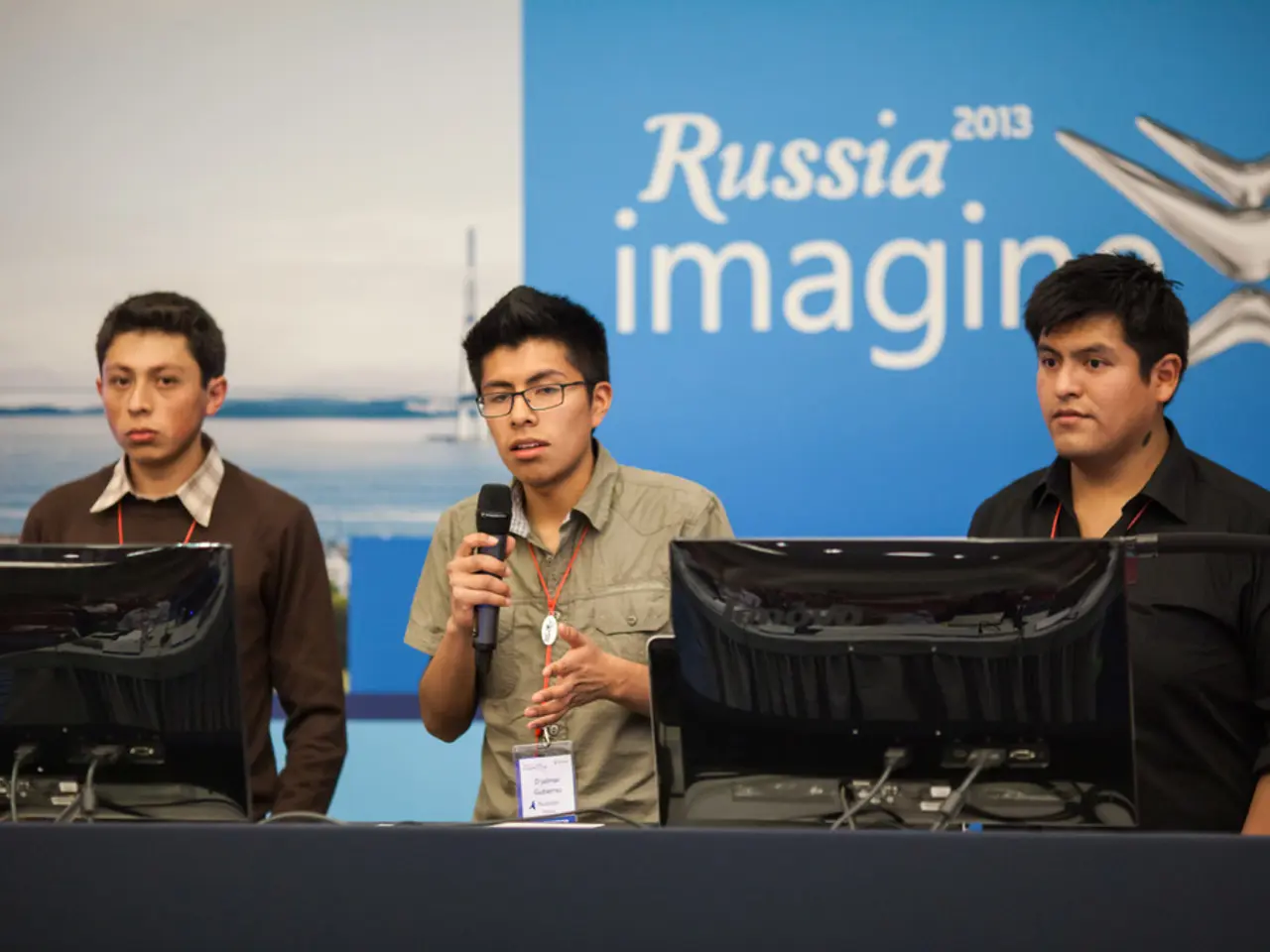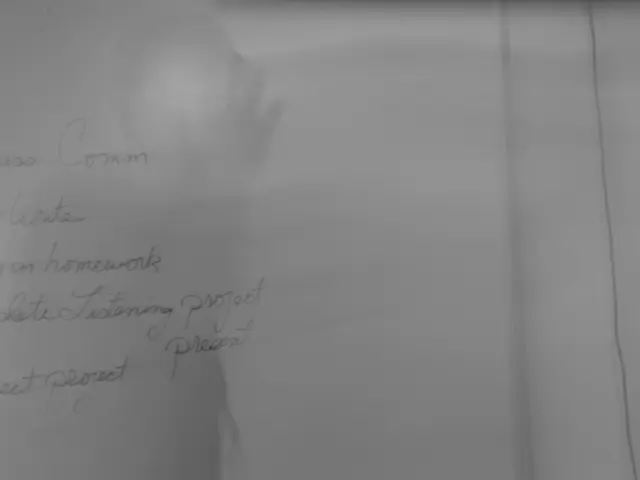Living without a salary duration explained by Russians
Amidst the economic challenges faced by Russia since 2023, including sanctions and a war-driven expansion that has partially been dented by these sanctions, there has been a noteworthy shift in financial planning and savings habits among Russians.
While 2024 saw a period of strong investment and robust private consumption, by early 2025, signs of a slowdown emerged, with real wage growth slowing down. This economic environment has likely influenced financial decisions among Russians.
Comparing recent trends with previous data is challenging due to the lack of specific survey data for June-July of any previous year. However, the general economic context suggests that financial uncertainty and economic challenges could have led to increased emphasis on savings and financial planning among Russians as a response to economic instability.
The economic environment seems to have prompted more Russians to focus on financial planning and saving as a hedge against future economic downturns. The slowdown in real wage growth would likely impact consumer spending and potentially increase the need for careful financial management and savings. High inflation and interest rates have also been significant factors influencing financial decisions, potentially leading to increased savings or more cautious spending habits.
A recent survey conducted in 372 settlements across Russia from June 30 to July 8 provides some insights into these trends. The survey found that almost half of the Russians polled plan their finances six months ahead, and 38% of Russians do not have savings. However, 73% of Russians save money, with 78% monitoring their finances.
The survey also found that men are more likely to monitor their finances, plan expenses for the long term, and rate their financial literacy higher than women. Among those who have an "emergency fund", 12% can live without income for 3 to 6 months, while 7% can live without income for 6 months to a year.
The main tool for storing savings is bank accounts (55%), with 8% of Russians keeping money in currency and pension funds, and 24% keeping money at home. Interestingly, 6% of Russians use IIS and brokerage accounts to store savings.
The survey involved 1,600 respondents aged 18 and above, and it found that 33% of Russians have a financial cushion, while 23% of Russians keep money at home. Compared to a similar study in 2023, the number of Russians who keep financial records and plan their budget has increased by 12 and 10 percentage points respectively.
While 24% of Russians are currently forming a reserve fund, 20% of Russians have no savings and do not plan to create any. The survey also found that 23% of Russians plan to create a reserve fund.
In conclusion, the economic environment in Russia since 2023 has likely led to a heightened awareness of the importance of financial planning and savings among Russians. The survey results suggest that more Russians are planning their finances, saving money, and creating emergency funds, indicating a shift towards more cautious financial behaviour. However, a significant number of Russians still do not have savings, highlighting the need for continued education and support in financial literacy.
In response to the economic instability and challenges faced in Russia since 2023, many Russians have shifted their focus towards financial planning and savings, as revealed by a recent survey. The survey findings indicate an increase in the number of Russians planning their finances and creating emergency funds, showing a trend towards more cautious financial behavior, although a significant number still lack savings, underscoring the importance of financial education.




